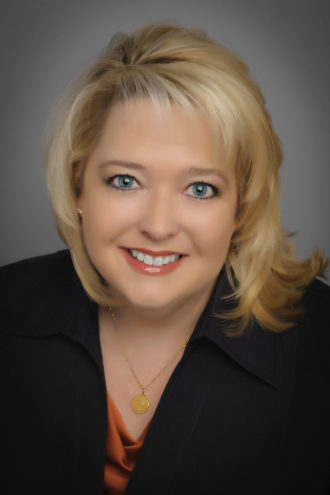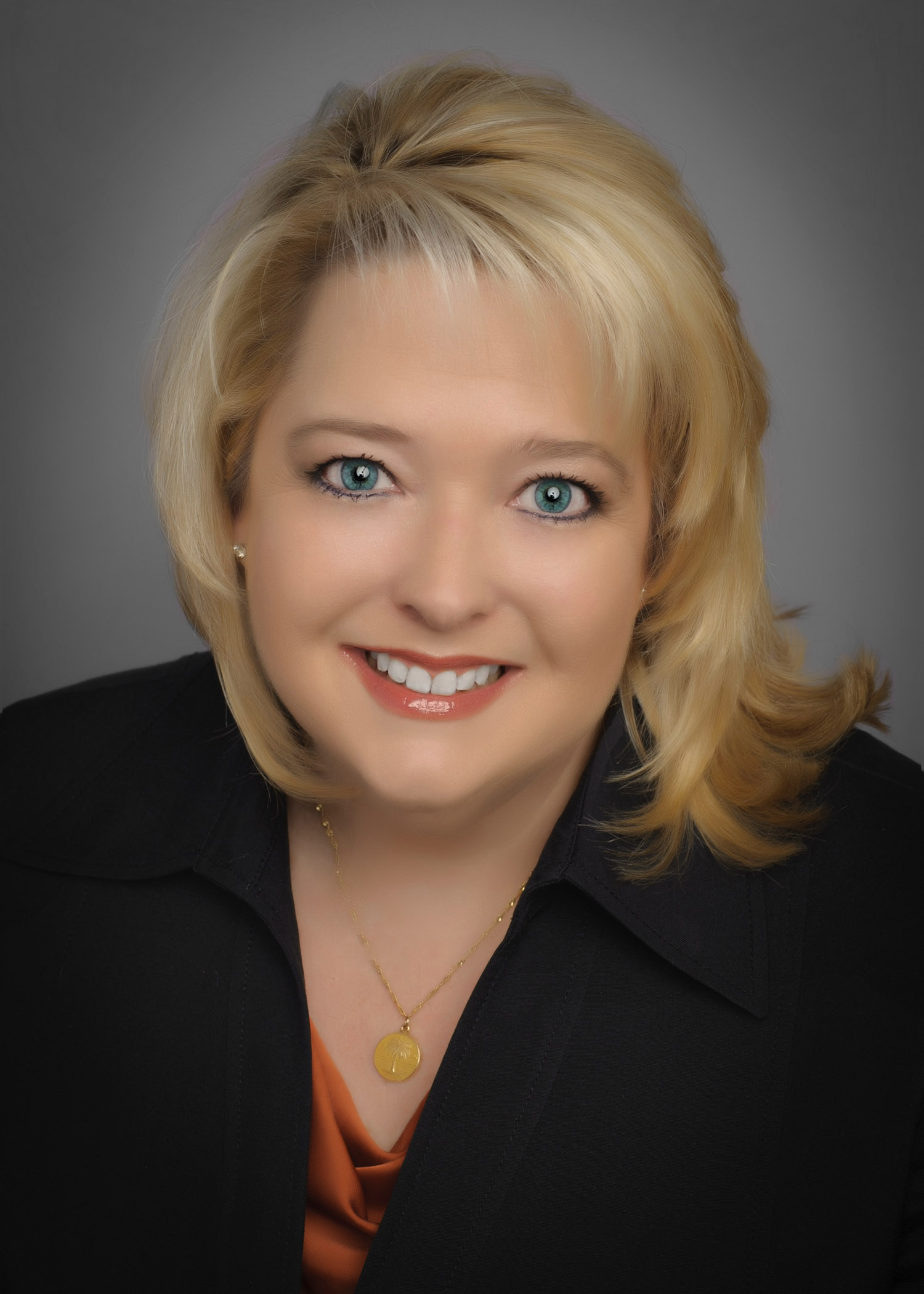
Commercial mortgage-backed securities have long been an inexpensive source of financing many borrowers used in the 2005-2007 era when issuance rose to over $400 billion in three short years. However, after the 2008 market crash, other financing sources emerged as CMBS fell out of favor and many borrowers spent countless years working out troubled properties versus acquiring new ones. Fast forward almost ten years, another $450 billion in CMBS (2.0) has been issued, troubled properties have been resolved and borrowers have shifted their focus to development and new acquisitions. Now, many of the 2.0 borrowers are looking to sell as property values increase amidst market uncertainty and the end of another real estate cycle. As a result, CMBS loan assumptions are on the rise.
CMBS debt can often be the best choice when looking at longer-term acquisitions but, should plans change, the high cost of defeasance, fees, and prepayment penalties associated with a CMBS loan can be a deterrent for buyers—and those costs can heavily affect your profits. As the industry has shifted from CMBS 1.0 to CMBS 2.0/3.0, the approving parties remain the same, including the master servicer, special servicer, controlling class representatives, and, sometimes, rating agencies. In some cases, there has been a new level of approval required, called the Operating Advisor.
As with older vintage loans, new CMBS loans are often re-underwritten during the assumption process. Many new requirements can be placed on potential buyers, making these transactions more tedious, difficult and costly. Understanding what to look for will save you a tremendous amount of time and money. Some examples include:
- Capital Reserves: It is common to experience additional capital expenditures, replacement, tenant improvements/leasing commissions, and debt service reserves depending upon the property condition.
- Deferred Maintenance: If servicers have discovered any new deferred maintenance items during a required annual property inspection, sellers must complete all repairs prior to the assumption approval.
- Hospitality Property Improvement Plans Expenses: In prior years, lenders would require (at most) 100% of PIP expenses, and, in most cases, less. Today, we see up to 125% of PIP expenses and reserves.
- Loan to Value versus Loan to Purchase: Loans are underwritten based on LTP as opposed to its initial LTV, thereby potentially requiring the buyer to put additional equity into the property.
- Modifications: Modification fees are being assessed when any modifications to the loan documents, outside the realm of a typical assumption, are requested by buyers. These fees can be up to an additional 1% of current principal balance.
- Cash Management: Whether the existing loan has no cash management requirement at all, or a soft lockbox requirement, the buyer may be required to immediately enter into a hard lockbox form of cash management at the time of closing. This usually involves a heavy fee requirement on a monthly basis.
- Additional Fees: Beware of the wide assortment of fees, including, but not limited to, insurance review fees up to $2,000 and third party underwriting fees as high as $3,000.
CMBS assumptions can be a feasible vehicle offered in the marketplace to facilitate commercial real estate trades, but the process and cost can present challenges and unanticipated re-trades. Knowing your options and ability to negotiate these items are critical to your purchase or sale, so assume cautiously.
Tanya Little is the founder and CEO of Hart Advisors LLC.






